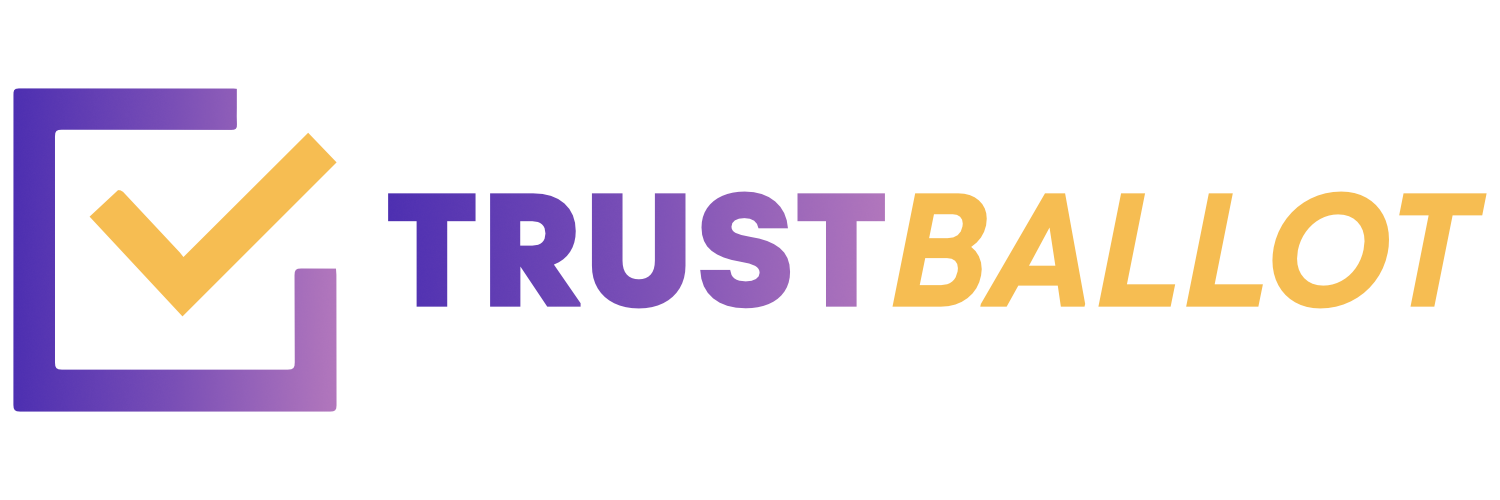Swiss Elections See Lapse in Electoral Integrity
Switzerland, a nation often admired for its unwavering commitment to democratic principles and precision, found itself grappling with an unexpected electoral mishap. A human-caused computer error had inflated support for the right-wing populist party Swiss People's Party (Schweizerische Volkspartei), casting a shadow over the nation's electoral integrity and sparking widespread disbelief.
The error, revealed by the Federal Office of Statistics (BFS), sent shockwaves across Switzerland. Georges-Simon Ulrich, the BFS director-general, expressed profound regret and underlined the gravity of the situation. He attributed the mistake to an excessive workload at the agency, which led to delayed checks that should have occurred much earlier in the electoral process. While Trustballot is relieved that the relevant checks were eventually made and the error was corrected, it is a reminder to us all that no democracy is infallible to error.
The Electoral Mishap: A Closer Look
At the heart of the error was a human-caused weighting error in the software employed to tabulate the election results. This error led to the unintended multiplication of vote counts in three specific cantons. These cantons, Appenzell Innerhoden, Appenzell Ausserrhoden, and Glarus, are renowned for their conservative and rural character, making them instrumental in the political dynamics of Switzerland.
These cantons had inadvertently contributed to the overstatement of the far-right's electoral success, while simultaneously diminishing the influence of centrist parties on the nation's political landscape. The very nature of this error was a direct affront to Switzerland's reputation for precision, accountability, and democracy.
Correcting the Results: Restoring Accuracy and Fairness
In response to the alarming electoral incident, Swiss authorities acted swiftly to rectify the situation. Corrected results were issued to address the inaccuracies, and parties saw upwards of a 1% swing in their favour. While the Swiss People's Party saw its vote share revised from 28.6% to 27.9%, the two Green parties achieved 17.4% as opposed to the initial 16.6% that it was previously announced to have received.
The revised results even saw the Liberal party (Liberale Partei der Schweiz) rise up to become the third-placed party with 14.3% of the vote. Although these revisions did not alter the allocation of parliamentary seats, they could substantially influence the composition of the Federal Council, Switzerland's seven-member executive body.
A Shifting Political Landscape: Implications of Corrected Results
The corrected results sparked discourse around a potential new makeup of Switzerland's political landscape. The Greens, emboldened by the revised numbers, have expressed a heightened interest in securing a place within the Federal Council. Traditionally, the Council's allocation follows a 2:2:2:1 ratio among the four largest parliamentary parties, colloquially referred to as "the magic formula."
The incident, however, has sparked discussions about the need for a constitutional basis for this allocation method. As a result, the Greens are increasingly likely to press for a historic alteration in the ratio, challenging the established political order.
Safeguarding Swiss Democracy: The Road Ahead
Switzerland's recent encounter with electoral integrity challenges underscores the nation's steadfast commitment to accurate and transparent electoral processes. In a nation known for its meticulous attention to detail, a strong commitment to accountability, and unwavering dedication to democratic principles, errors of this nature are simply unacceptable and must be promptly rectified.
As Switzerland sets its sights on the future, it becomes increasingly crucial to underscore the profound significance of electoral integrity. It is not merely advisable but imperative that comprehensive measures are implemented to prevent the recurrence of such errors.
This action will help safeguard the nation's renowned reputation for precision and dedication to democratic values. Switzerland must persist in its commitment to prioritising electoral integrity as it progresses, fostering an electoral system that is not only reliable but also serves the best interests of its citizens and the nation as a whole.

